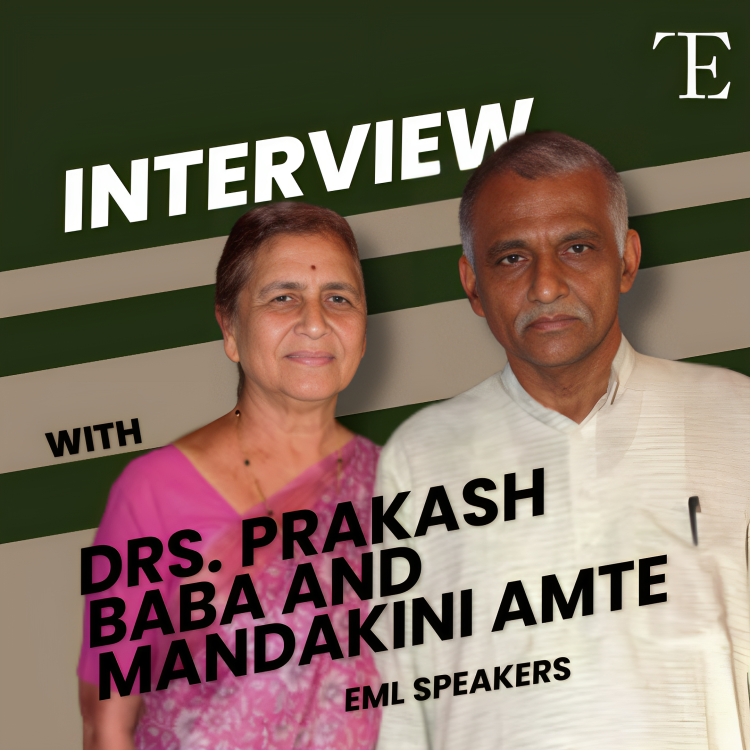Edited by Jai Santhoshi.S
Designed by Elakkeya
IITs were faced with the humongous task of delivering quality education and evaluation digitally. While most institutes had their take on online education, some did explore the boundaries of testing and teaching.
Following the viral debut of the IIT Goa questionnaire, we took a deeper dive into these institutes’ evaluation and teaching methods amidst the challenges put forward by the COVID-19 Pandemic. Students from IIT Delhi, IIT Kharagpur, IIT Kanpur, IIT Bombay, IIT Hyderabad, IIT Gandhinagar, IIT Guwahati, IIT Goa, IIT Dhanbad, IIT BHU and IIT Bhilai were interviewed to understand the evaluation pattern across the institutes.
Disclaimer: The methodologies listed in this article are by no means exhaustive. They reflect the information The Fifth Estate could gather from students belonging to these IITs.
Facilitating online education
Education traversed from blackboards to black screens in a quick leap of time. While the internet allowed for a lot of flexibility, the question of affordability always lingered. It required that the students have gadgets with a stable internet to be able to attend classes online. Though no prior support systems were set for the student community, the institutions had to ensure that every student was provided with quality education.
IIT Delhi equipped students with an Airtel Portal if they had trouble accessing the internet. Likewise, IIT Hyderabad launched a credit scheme for students in need of devices to attend online classes. With the help of alumni, IIT Madras had created the Student Distress Fund for students in need of basic electronic devices or internet connectivity for attending online classes.
The new semester system
Amidst the pandemic, the institutes had to phase out the plan for the incoming freshers. While most IITs adhered to the conventional semester format, IIT Madras followed a trimester pattern for the freshers. The academic year was broken down into three segments to deliver courses to students efficiently. Each trimester consisted of 3-4 courses along with specific zero-credit courses.
On the other hand, IIT Kharagpur adopted a unique semester system for its freshmen students – Physics and Chemistry Semester. The physics semester consisted of physics, mathematical, and engineering courses. In contrast, the chemistry semester consisted of chemistry, programming, English courses, and chemistry laboratory. A common notion amongst the student body was that the physics semester seemed much more challenging than the chemistry semester.
Evaluation in other IITs
Most IITs resorted to the relative grading system, though several faculties also decided to uphold the absolute grading system. IIT Kanpur followed a no-fail policy along with the already existing two-point grading system where an A grade is equivalent to a 10 CGPA, B to an 8 CGPA, etc. For courses with limited capacity, IIT Kanpur adopted a continuous evaluation method, consisting of weekly quizzes, debates, a summary of lectures, and paper reviews in place of mid-semester and end-semester exams. Courses with a sizable number of students had their syllabi reduced to a few chapters or transformed into multiple quizzes instead of end-semesters.
IIT Hyderabad provided students with an option of choosing either a letter grade system or a pass-fail system. If you opted for letter grading, which is the norm, the professor would determine the weightage of assignments and the format for online evaluation. At IIT Kharagpur, halfway into the spring semester, the grading was switched to evaluating the mid-semester and assignments only. Consequently, the end-semesters were scrapped. The institute introduced a continuous evaluation process wherein weekly assignments and concise monthly quizzes were evaluated for their final grade.
At IIT Delhi, the faculty had the final say. Nonetheless, students had an option to take their final exams later. IIT Delhi also provided students with a unique choice – the option of “auditing” courses, which refers to disposing the letter grading system and converting it into a pass/fail course. The grade received will not be accounted for in your overall CGPA. Every student could audit three courses, which usually comprise one core course and two electives.
At IIT Bombay, be it a quiz or an end-semester, everything was taken care of by SAFE (Smart, Authenticated, Fast Exams), a smartphone app developed by a professor from the CSE department. The SAFE app is a platform that helps conduct both objective and subjective exams. The app allows you to navigate between questions and mark them for review. There is also an inbuilt calculator. During the examination, one cannot move in front of the screen as the SAFE browser monitors movements and activities and reports them to the authorities. It also blocks background apps such as Whatsapp and Google Chrome from running.
IIT Gandhinagar adopted a revised grading system for the 2020 summer semester. The institute dropped the letter grading system and adopted a P(E) and I/F system. P(E) meant Pass(Emergency), and I/F stood for Incomplete/Fail. The P(E) grade was awarded upon completion of the course after passing the necessary criteria. I/F grade meant that either the student failed or could not adhere to the course requirements.
The Proctoring Problem
One area where all IITs had diverse approaches was the proctoring of exams and quizzes. Some pursued a strict policy towards exams, while others maintained a lax attitude towards evaluations. For example, IIT Guwahati, IIT Roorkee, IIT Delhi, and a few other IITs proctored all exams on platforms like Codetantra and MS-Teams.
The institutes that did not proctor their students used an alternative approach. Instead of barring students from using unfair means, they made sure to leave no or very little room for one to indulge in malpractices. Professors ensured this by setting strict time limits, unsearchable questions, and multiple question sets. Any discussion among students was inhibited this way, and answer sheets were examined for plagiarism. IIT BHU and, to some extent, IIT Madras were the prime examples of institutes following this system.
IIT Guwahati conducted five exams in 5 days of a week and even went to the extent of conducting three exams in one day with strict proctoring. IIT Kanpur, IIT Delhi, IIT Dhanbad also proctored most of their exams. IIT Delhi used Moodle, CodeTantra and Gradescope to conduct academic evaluations. Some professors preferred Gradescope, as it helped administer and grade assignments with detailed analytics after completing an examination. It gave the liberty to mark pages belonging to a question that made them more user-friendly. CodeTantra is an online proctoring software that monitors screen activity and audio. Newly constructed IITs like IIT Bhilai also adopted the SAFE App to conduct exams.
On the contrary, IIT BHU followed a lenient way to conduct end-semester exams. The institute provided the students with question papers at 8 AM. They were given a whole day to submit the answers via google classroom. However, digest this fact with a pinch of salt. The questions were not searchable and had parts that were difficult and lengthy.
Upon successful completion of end-semester exams, faculties took significant time to grade due to subjective evaluation. Professors also granted students the option of taking makeup exams if they could not take the exam due to personal reasons or were unsatisfied with their results.
What happened to practicals and labs?
Several IITs dropped practical courses for their students owing to the restrictions in an online semester. The director of IIT Bhilai had stated that they could not compromise on the quality of education and postponed the practical exams until further notice.
During the first semester, IIT Goa postponed the practical courses for students until the following semester owing to the integrity of these exams. However, upon the advent of the second wave, the institute conducted online practicals along with multiple theory courses, which caused massive stress to the student body.
Only time will tell
As time progresses, we are gradually finding out how IITs have performed during the pandemic. IITs were under immense pressure to perform even in these testing times and stood up to their promises. In addition, students have reported professors to be helpful and responsive. With the pandemic prolonging, only time will tell how these institutes have managed to operate and evaluate in the prevailing online mode.






A deeply insightful article👍
End semester exams weren’t crapped in Kharagpur, atleast for first years